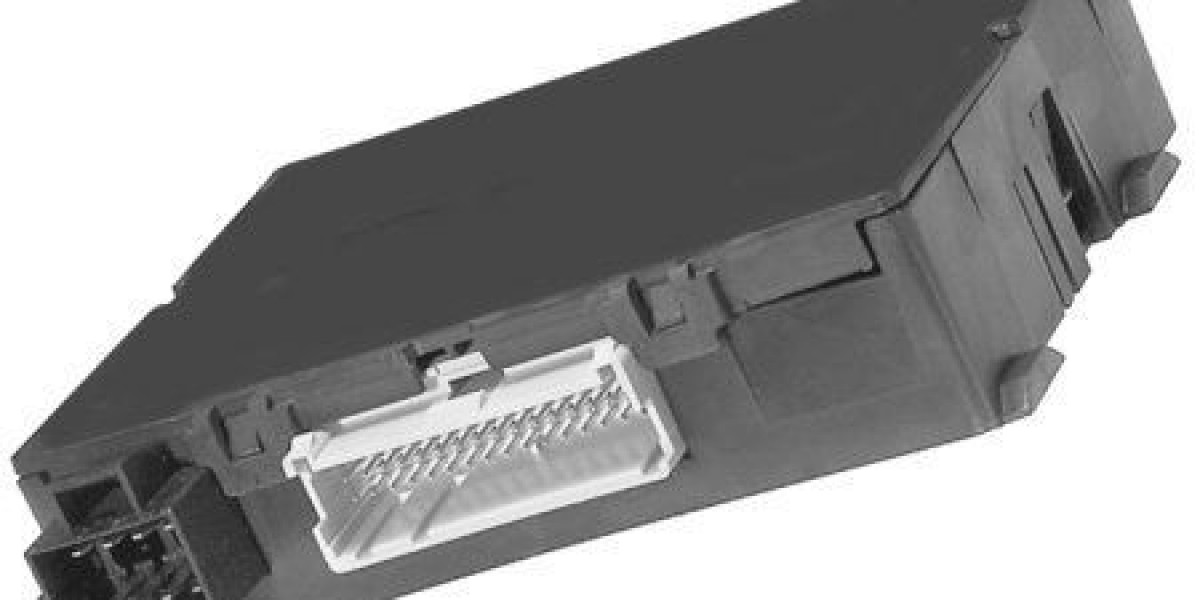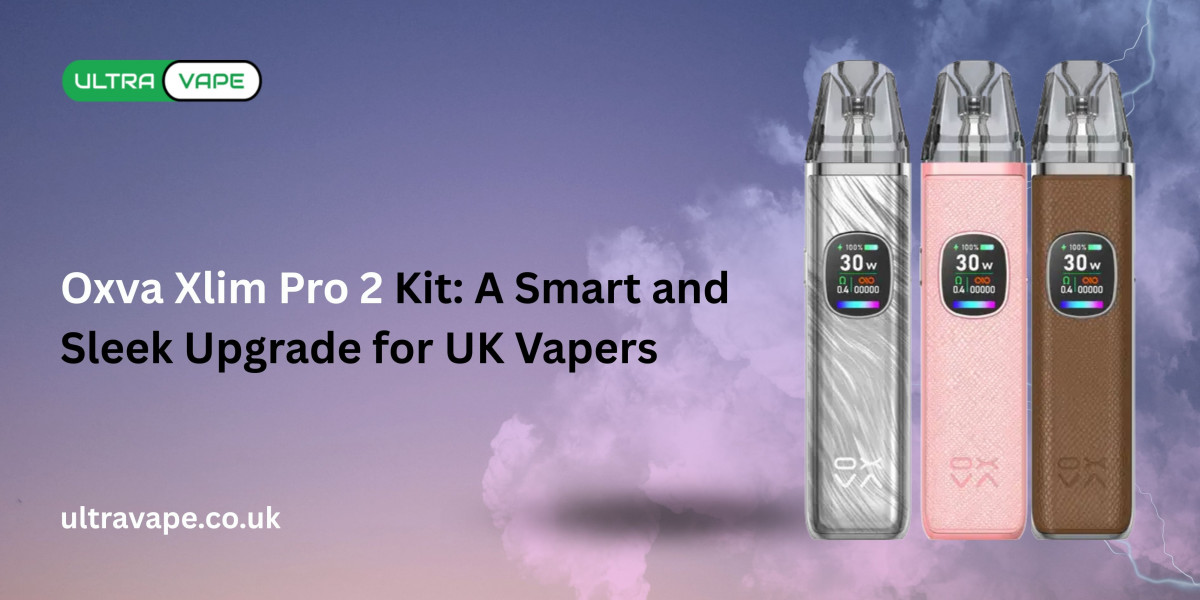The Body Control Module (BCM) is a crucial component in modern vehicles, serving as the central hub for controlling various electronic systems and functions. BCMs are responsible for managing a wide range of vehicle operations, including lighting, climate control, power windows, door locks, and other comfort and convenience features. These modules enhance vehicle performance, improve safety, and provide a more seamless driving experience by integrating multiple systems into a single, efficient unit. Body Control Module Market Demand As automotive technology continues to advance, BCMs are becoming increasingly sophisticated, incorporating more features and capabilities to meet the growing demands of consumers and regulatory requirements.
The need for BCMs has grown significantly in recent years due to the increasing complexity of vehicle electronics and the trend towards greater automation and connectivity in automobiles. BCMs play a vital role in optimizing vehicle performance, reducing energy consumption, and improving overall reliability. They also contribute to enhanced safety features by enabling better communication between various vehicle systems and providing more accurate diagnostic information. As the automotive industry moves towards electrification and autonomous driving, the importance of BCMs is expected to increase further, driving growth in the market.
The body control module market is estimated to be valued at USD 34.79 Bn in 2024 and is expected to reach USD 42.85 Bn by 2031.
Key Takeaways
Key players operating in the Body Control Module Market are Continental AG, Robert Bosch GmbH, Delphi Technologies, DENSO Corporation, HELLA GmbH & Co. KGaA, Visteon Corporation, ZF Friedrichshafen AG, Renesas Electronics Corporation, Panasonic Corporation, and Aptiv PLC.
These companies are actively investing in research and development to enhance their product offerings and maintain their competitive edge in the market. Many of these key players are focusing on developing more advanced and integrated BCMs that can support the increasing complexity of vehicle electronics and meet the demands of electric and autonomous vehicles.
The growing demand for BCMs is primarily driven by the increasing adoption of advanced driver assistance systems (ADAS) and the rising trend of vehicle electrification. As automakers continue to incorporate more electronic features and safety systems into their vehicles, the need for sophisticated BCMs to manage these functions efficiently becomes more critical. Additionally, the shift towards electric vehicles (EVs) is creating new opportunities for BCM manufacturers, as EVs require more advanced electronic control systems to manage power distribution, battery management, and other EV-specific functions.
Technological advancements in the BCM market are focused on improving integration capabilities, enhancing processing power, and developing more robust cybersecurity features. The latest generation of BCMs incorporates advanced microcontrollers and communication protocols, allowing for faster data processing and more seamless integration with other vehicle systems. Some BCMs now feature over-the-air (OTA) update capabilities, enabling manufacturers to add new features and improve functionality throughout the vehicle's lifecycle. Additionally, as vehicles become more connected, BCM manufacturers are placing a greater emphasis on developing cybersecurity measures to protect against potential hacking attempts and ensure the integrity of vehicle systems.
Market Trends
One of the key trends in the Body Control Module Market is the increasing integration of artificial intelligence (AI) and machine learning capabilities into BCMs. This trend is driven by the need for more intelligent and adaptive vehicle systems that can learn from driver behavior and environmental conditions to optimize performance and enhance safety. AI-enabled BCMs can predict maintenance needs, adjust vehicle settings based on user preferences, and even assist in detecting potential security threats.
Another significant trend is the development of more modular and scalable BCM architectures. This approach allows automakers to more easily customize BCMs for different vehicle models and trim levels, reducing development costs and time-to-market. Modular BCMs also facilitate easier upgrades and maintenance, as individual components can be replaced or updated without affecting the entire system.
Market Opportunities
One of the primary opportunities in the Body Control Module Market lies in the development of BCMs specifically designed for electric and hybrid vehicles. As the automotive industry continues to shift towards electrification, there is a growing need for BCMs that can efficiently manage the unique power distribution and control requirements of these vehicles. This presents a significant opportunity for BCM manufacturers to develop specialized products that cater to the evolving needs of the EV market.
Another key opportunity is the integration of BCMs with emerging vehicle-to-everything (V2X) communication technologies. As vehicles become more connected and autonomous, BCMs will play a crucial role in managing the flow of information between the vehicle and its surroundings, including other vehicles, infrastructure, and pedestrians. BCM manufacturers that can develop solutions that effectively integrate V2X capabilities will
Impact of COVID-19 on Body Control Module Market Growth:
The COVID-19 pandemic has significantly impacted the Body Control Module (BCM) market, causing disruptions in supply chains, manufacturing processes, and overall market dynamics. Prior to the pandemic, the BCM market was experiencing steady growth due to increasing vehicle electrification and the rising demand for advanced automotive features. However, the outbreak of COVID-19 led to temporary shutdowns of automotive manufacturing facilities and reduced consumer spending on vehicles, which in turn affected the demand for BCMs.
During the initial stages of the pandemic, many automotive manufacturers had to halt production, leading to a sharp decline in BCM demand. The supply chain disruptions caused by lockdowns and travel restrictions further exacerbated the situation, making it challenging for BCM manufacturers to source components and maintain production levels.
As countries began to ease restrictions and economic activities resumed, the automotive industry started to recover, albeit at a slower pace. The post-COVID scenario for the BCM market shows signs of gradual improvement, with increasing demand for vehicles equipped with advanced features and safety systems. However, the recovery is expected to be uneven across different regions and market segments.
Looking ahead, the BCM market is likely to adapt to the new normal by implementing various strategies. Manufacturers may focus on diversifying their supply chains to reduce dependency on a single region or supplier, ensuring resilience against future disruptions. Additionally, there may be an increased emphasis on developing BCMs with enhanced connectivity features to support remote diagnostics and over-the-air updates, addressing the growing demand for contactless services.
The pandemic has also accelerated the shift towards electric vehicles (EVs) and hybrid vehicles, which may lead to increased adoption of more advanced BCMs capable of managing complex electrical systems. As a result, BCM manufacturers may need to invest in research and development to create innovative solutions that cater to the evolving automotive landscape.
Geographical Regions Where the Body Control Module Market is Concentrated:
The Body Control Module market is primarily concentrated in regions with strong automotive manufacturing presence and high vehicle production volumes. North America, Europe, and Asia-Pacific are the key regions where the BCM market holds significant value.
North America, particularly the United States, has a well-established automotive industry and a high adoption rate of advanced vehicle technologies. The region's focus on vehicle safety and comfort features drives the demand for sophisticated BCMs. European countries, such as Germany, France, and the United Kingdom, also contribute significantly to the BCM market value due to their robust automotive manufacturing sectors and stringent safety regulations.
In the Asia-Pacific region, countries like China, Japan, and South Korea play a crucial role in the BCM market. China, being the world's largest automotive market, has a substantial demand for BCMs across various vehicle segments. Japan and South Korea, known for their technological advancements in the automotive sector, are home to major BCM manufacturers and contribute significantly to the market's value.
Fastest Growing Region for the Body Control Module Market:
The Asia-Pacific region is expected to be the fastest-growing market for Body Control Modules. This growth can be attributed to several factors, including rapid urbanization, increasing disposable incomes, and a growing middle-class population in countries like China, India, and Southeast Asian nations.
China, in particular, is driving the growth of the BCM market in the region. The country's push towards vehicle electrification and the development of smart, connected vehicles is creating a strong demand for advanced BCMs. Additionally, the rising production of electric vehicles in China is expected to further boost the adoption of sophisticated BCMs capable of managing complex electrical systems.
India is another key contributor to the region's growth, with its automotive industry expanding rapidly and the government implementing stricter safety regulations. This is likely to increase the adoption of advanced safety features in vehicles, driving the demand for more capable BCMs.
The growing focus on vehicle connectivity and autonomous driving technologies in countries like Japan and South Korea is also expected to fuel the demand for advanced BCMs in the region. As these countries continue to invest in research and development of cutting-edge automotive technologies, the BCM market is likely to witness significant growth and innovation.
Get more insights on - Body Control Module Market
Get this Report in Japanese Language: ボディコントロールモジュール市場
Get this Report in Korean Language: 차체제어모듈시장
Author Bio:
Money Singh is a seasoned content writer with over four years of experience in the market research sector. Her expertise spans various industries, including food and beverages, biotechnology, chemical and materials, defense and aerospace, consumer goods, etc. (https://www.linkedin.com/in/money-singh-590844163 )









